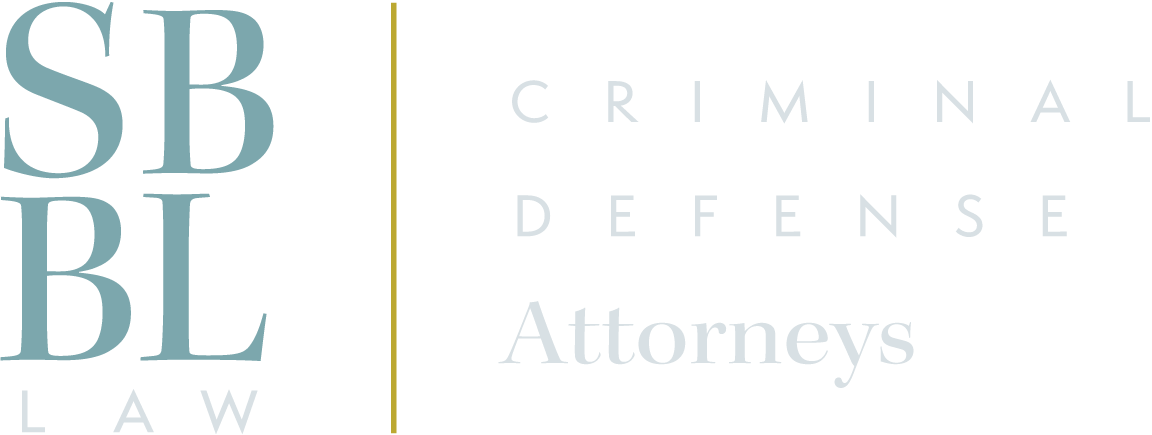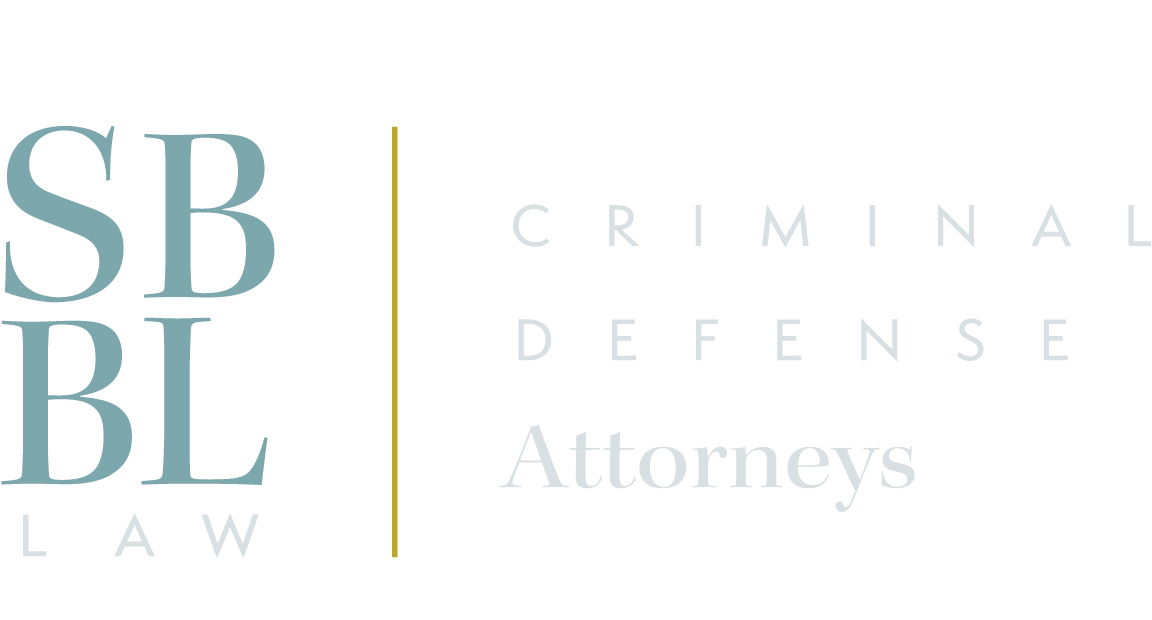Federal Grand Jury Investigations
What is a federal grand jury?
A grand jury is a group of citizens summoned by a federal court to meet and review the evidence presented to them by federal prosecuting attorneys and law enforcement officers. The grand jury has the power to return indictments—formal documents charging federal crimes—after reviewing evidence and voting on whether there is sufficient evidence that those crimes have been committed. The grand jury must have at least 16 and not more than 23 members, who usually meet at regular intervals during a term designated by the Court.
How do I find out whether someone has testified against or about me in grand jury?
Usually, it is not possible to find out until trial. Grand Juries are designed to operate in secret, and the applicable federal rules strictly forbid grand jurors and the government attorneys who appear in front of them from disclosing “matters occurring before the grand jury.” This includes the names/identities of the witnesses who testify, the information the witness provides, and the documents and records about which they testify. The witness may choose to disclose that he or she has testified, as there is nothing in the rules prohibiting that. But most witnesses will want to keep their participation secret. It is not uncommon for prosecuting attorneys to keep the identities (and testimony) of grand jury witnesses secret for the duration of a criminal case and only to disclose witness information and testimony transcripts on the eve of trial.
What does a grand jury need to determine or do to indict me?
A grand jury collectively must find there is “probable cause” to believe that one or more crimes have been committed to return an indictment against a person or persons. Of the 16 members required to be present for the grand jury to act, at least 12 must vote for a “true bill,” meaning in favor of indictment. The grand jury members may also request more information from the government in the form of document subpoenas or additional witnesses before making a decision on whether or not to indict.
If I am under investigation by a grand jury, does that mean I will be indicted or charged with a federal crime?
Not necessarily. Sometimes grand jury investigations conclude without anyone being indicted. However, the “probable cause” standard is very low, so most grand jury investigations result in the indictment of one or more individuals.
Do I have a right to the representation of an attorney in the grand jury?
No, someone under investigation by a grand jury—often called a “target” of the investigation – does not have the right to have an attorney present in the grand jury proceedings. Typically, the only attorney present during grand jury proceedings is a prosecutor. However, if you learn you are the target of a grand jury investigation, the guidance of an experienced federal criminal defense attorney can be critical to understanding the process and your rights. Even though the attorney may not be able to sit in on official grand jury proceedings, he/she can sometimes make a significant difference in the outcome of the process.

